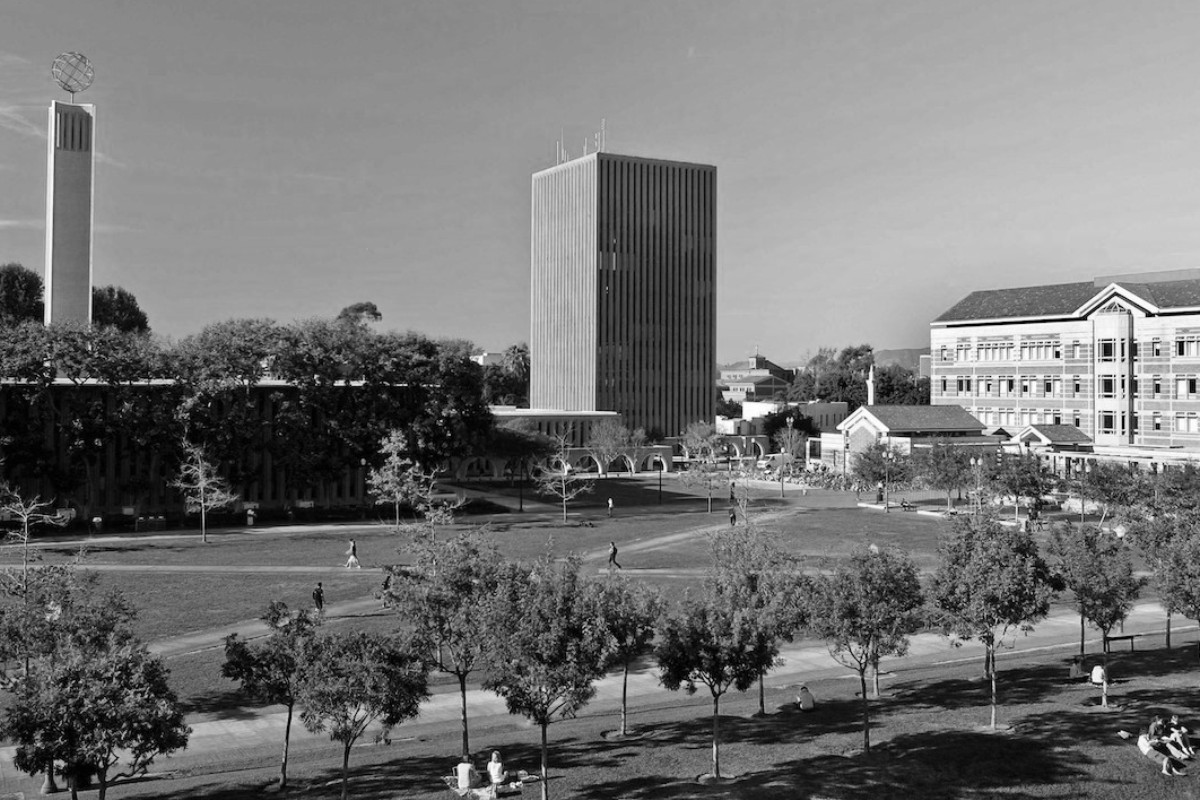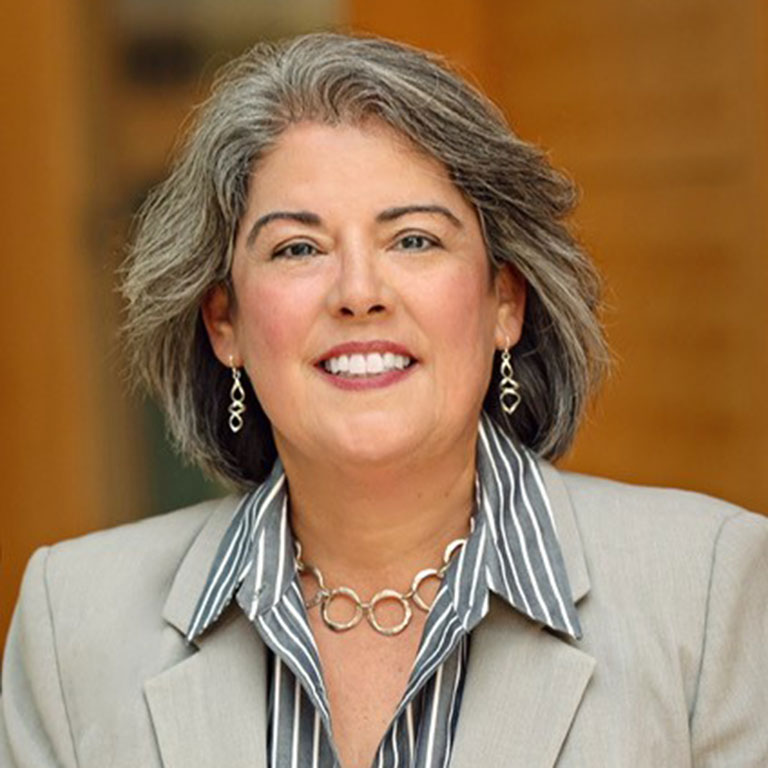
Pullias Center 25th Anniversary Reflection: Vasti Torres

Vasti Torres, Ph.D. Professor at Indiana University, Editor for the Journal of College Student Development, current AERA Division J Vice President, and colleague of the Pullias Center, reflects on the Center’s 25th Anniversary in this ninth of a series of essays marking the occasion.
In reflecting on the role that research centers serve within the higher education scholarly community, the first things that come to my mind are creating space for reflection and the tackling of ungainly complex programs in the field. This image fits the Pullias Center perfectly. From the provocative work of Bill Tierney, the center’s Founding Director, around organizational culture and student success to the work of Adrianna Kezar, the current Director, on change, leadership, contingent faculty, and student success programs – these topics intentionally engage and push policy makers, researchers, and scholars to think about their actions for the public good. I know that the publications that come from Pullias influence my own thinking about these topics and I hope they influence others in the same manner.
As a person who thinks it is important to learn something new every day, I find the approach Pullias Center staff take with their projects, newsletter, and research briefs constantly prompts me to consider new ideas. I thank the Pullias Center for being provocative and innovative. These traits are laudable and need to be celebrated, especially in higher education.
The Pullias Center has many products to celebrate around many varied areas of research throughout its first quarter century. To me, there are three that should be acknowledged as core to the Pullias Center contributions – tackling difficult questions, promoting the next generation of scholars, and taking national leadership.
When it comes to engaging with difficult questions, Pullias Center leaders and researchers remain on the forefront. During its 25 years, the Center contributed to the body of research by tackling into complex questions that require intentional reflection and distinctive consideration. Each of the studies and projects that the Center takes on tend to have the ultimate focus of making a difference for students, faculty, and staff in higher education. Complex problems require creative thinkers and the researchers within the Center excel at research designs that use multiple theoretical perspectives and methods. The Pullias Center remains one of the few Centers that has both breadth and depth in multiple research approaches.
The Pullias Center has earned an excellent reputation for promoting and the supporting the next generation of scholars that pass through its doors. Through post-doctoral positions and research assistantships, the Center engages in role-modeling good research for many young scholars. It is not unusual to see Pullias Center faculty include graduate student voices and promote their scholarship through the presentations and publications associated with the Center. This commitment to the next generation of scholars sustains vibrant ideas that continue to influence the field. The education of the next generation will also assure a future for the Pullias Center for years to come.
The leaders in the Pullias Center have been excellent citizens of the field by taking on leadership positions. I sometimes look around and wonder about what happened to my faculty peers (more senior folks) at conferences or at events for young scholars. The leaders associated with the Pullias Center have always role-modeled what it means to be a “good citizen” within our field. They maintained a scholarly agenda that was timely and well regarded, while also contributing to the field through leadership roles including AERA President, Vice President for AERA Division J, and ASHE President. These contributions as leaders in the field promoted the Center as both a thought-leader and as a highly-engaged entity within the higher education landscape. This combined with the center’s direct work towards using its research to inform and guide policymakers and practitioners to further elevate the profile and influence of the Pullias Center.
It has been my honor to know Bill Tierney and to have a long-time friendship with Adrianna Kezar. Their leadership within the field and the Pullias Center has contributed to my own development as a scholar and leader in the field. I congratulate the Pullias Center on their 25th Anniversary and their leadership in bringing the voices of marginalized students, faculty, and staff to life in research.